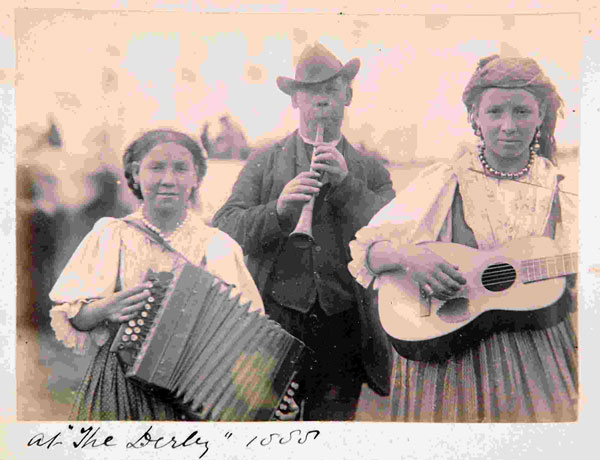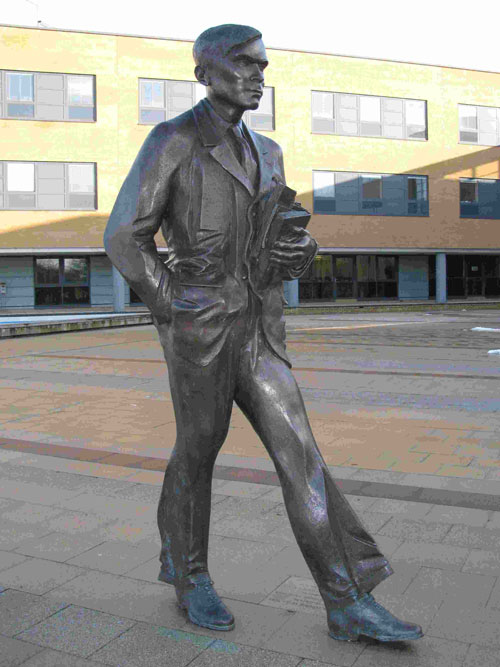Turning paper graveyards into community hubs
Following the post from my fellow trainee Kasia about her work with the Polish community in Leicestershire, I would like to expand upon the topic of archives and the community where I work at Surrey History Centre.
It’s probably fair to say that most people in Surrey have never visited an archive, and it’s easy to see why. As a history lover, I love the idea of rummaging through old documents but, for a research novice, it’s easy to think of an archive building as a kind of paper graveyard, where documents belonging to people who are no longer around, or companies that no longer exist, are left in dusty boxes only to be looked at occasionally by a scholar or academic, if at all.
My traineeship works to challenge this image. We encourage people to take an interest in our collections, to use us for research and to deposit items and collections they think might be important to the history of Surrey in our archive. We need to show that even though the items stored are objects of history, the collections are still socially relevant today.
The main issue, which I am sure many archives would agree with, is that the demographic of users is made up mostly of white, middle-class people, often retired. However, the history of Surrey is full of other cultures, nationalities, and identities that need to be drawn out of the archives and made visible to the wider community.
I would like to pull out two examples that I have been working on during my traineeship.
Firstly, Surrey Heritage is heavily involved in working with the Gypsy/Traveller community. This included an EU project, Roma Routes, which involved five countries researching and promoting Traveller heritage through exhibitions, events and performance work. Although the project is now over, we received funding from the Arts Council to continue two of these events this year. One of these was at the Epsom Derby, a regular meeting place for Travellers since it started in 1780. Most of the written documents in our archives at Surrey History Centre about Travellers are written by non-Gypsies and are often prejudiced, however, collections of photographs and postcards provide ideal material for displays. Although many Travellers complete their school education and go on to higher education, there are still some who cannot read, so it works better to include a visuals in the display.
This is an excellent example of what community archiving is about. By taking copies of photos and other interesting documents to events such as Derby Day, we are helping the Traveller community to enjoy their rich heritage, and encouraging them to use the archives for their own research. Possibly, if a strong enough relationship of trust is built between the community and Surrey Heritage, some of them might even consider giving documents to the archives, thus expanding our collection for future generations. Also, the display demonstrates to the wider community that Gypsies and Travellers have co-habited in Surrey with other communities for the last 500 years.
My second example of community archiving links with LGBT (Lesbian, Gay, Bisexual and Transsexual) History Month. Although the month is held in February, this year the pre-launch takes place on 15 November at Bletchley Park, to commemorate the centenary of one of its most famous employees, Alan Turing. Turing has been described as the father of computing. He is famous for breaking the Enigma code, which helped to end the Second World War. However, Turing was prosecuted for his homosexuality, and eventually committed suicide at the age of 41. As 2012 was his centenary, the theme of LGBT History Month next year will focus on Turing, mathematics and science. With Surrey’s link to Turing (his family home was in Guildford, and he was a regular visitor throughout his life), this is an ideal opportunity to expand our links to the LGBT community by creating displays about him and his achievements. Surrey’s history is littered with inspiring men and women from the LGBT community, such as Dirk Bogarde and Ethel Smyth, and it is important to show that our archives reflect this.
These are just two examples of how my traineeship helps promote archives to the wider community, opening them up to people who may otherwise feel like archives are not relevant to them.
All in all, it is important to get the message across that archives are not retirement homes for old documents. Archives are places for people to discover their heritage and should reflect the diversity of our communities. Archives have a socially relevant place in the world today. They are places of cultural and social relevance which need to be seen working with communities.


An interesting article, I would also say that archives should not be seen as the first place where cost-cutting is instituted and archives are not museums and as you say not just places where old documents are kept. Whilst most researchers may be retired that is probably because they have the time to visit archives, of which Surrey is very good. I would say that in the last 20 years the image of archives has changed thanks to programmes like “Who Do You Think You Are?” and online catalogues and it is more likely you will find more family historians rather than academics. It is regrettable that a lot of archives now close on Mondays or an another day in the week.
I forgot Turing was partly from Surrey! Glad to hear he’s getting some more recognition there thanks to your efforts. An amazing person and life story.
Thank you Matthew. Yes, I would say a majority of our readers are family historians or house historians, usually retired. I’ve not been in the searchroom on a Saturday so I don’t know if we have any younger readers coming in. It is nice to see the researchers aren’t just interested in the names of their ancestors, but are making the effort to find out about their jobs and their stories. I think people almost enjoy it when they find out about a black sheep in the family!
Hello Julie, yes, I have enjoyed researching Alan Turing – he seems like a very interesting character! I admit I had not heard of him before coming to Surrey, so it was nice to get the opportunity to learn about him. It goes to show how many unsung heroes there are lurking in archives, and how important it is to alert people about them.
Lovely article Emily and it relates so much (e.g. the audience, the GRT group) to the Record Office in Leicestershire! Glad you are enjoying your traineeship!